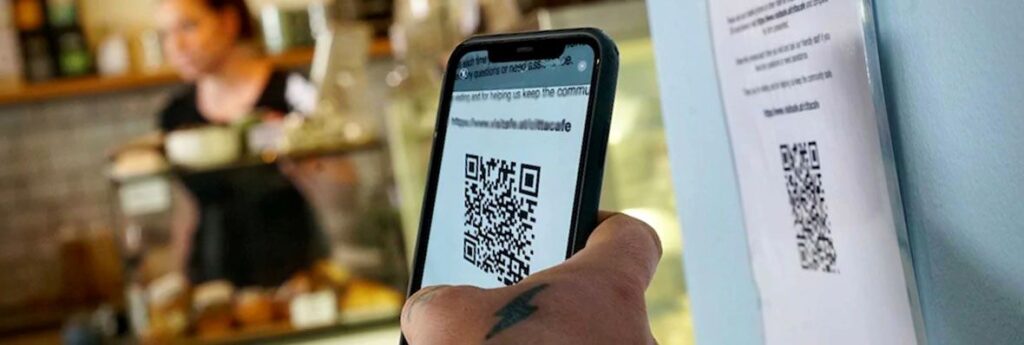All Canadian provinces and territories have agreed to conform their proof-of-vaccine documents, or COVID-19 vaccine passports, to a national standard so that they can be used for international and domestic travel. But with provinces rolling out different vaccine passport programs across the country, it can be confusing to know what is required. Here are the answers to some of the most immediate questions:
Q. I already have a provincial vaccine passport. Do I need another one?
A. No, your provincial vaccine passport and the national passport are one and the same. Newfoundland and Labrador, Nova Scotia, Quebec, Ontario, Nunavut, Saskatchewan, Northwest Territories, and Yukon have all conformed to the standardized Canadian passport format, so if you have the latest passport from one of those provinces then you’re all set. You’ll know you have the right version if you see a Canada logo in the corner.
If you are from another province, you will have to get an updated vaccine passport from your province once it becomes available. Provinces that haven’t released the new passport will do so by the end of next month.
Q. Where do I get the national vaccine passport?
A. The provincial governments are responsible for handing out the proof-of-vaccine documents. Visit your province’s COVID-19 website for information about how to download your proof-of-vaccine document.
Q. What will it look like?
A. The passport will be digital and feature a QR code that includes the vaccination history. Paper copies will also be accepted.
Q. Is it tamper-proof?
A. The government says the technology used in the standardized document prevents forgeries and tampering by detecting any changes to the document after it is issued.
Q. What about travel?
A. As of Oct. 30, anyone over the age of 12 boarding a plane or train in Canada will need to prove they are fully vaccinated with Health Canada approved doses. However, some provinces’ proof-of-vaccination documents won’t conform to the national standard until the end of November. In the meantime, travellers will be able to fly with whatever vaccine passport is offered by their provincial or territorial health authority.
Many countries also have their own vaccination requirements for people who plan to cross their borders. Travellers will need to bring proof of vaccination with them.
Q. Does the passport guarantee I’ll be allowed into foreign countries that require proof of vaccination?
A. Not necessarily. Canadian officials are working with international travel groups and foreign border services agencies to make sure they are aware of the new proof-of-vaccine document and are confident it will be accepted. However, each country has its own vaccine requirements, and the Canadian document doesn’t guarantee compliance. For example, some countries may not accept certain brands of vaccines, or people with two shots of different vaccine brands. Travellers must check international advisories to make sure their personal vaccine status complies.
Q. Will my health data be shared through the passport?
A. The only information included in the document is the holder’s name and COVID-19 vaccine history. That includes the type of vaccine, lot number, date of vaccination and the number of doses. The government said it uses technology that allows travel officials to verify vaccination information without giving access to other health or identity information.

